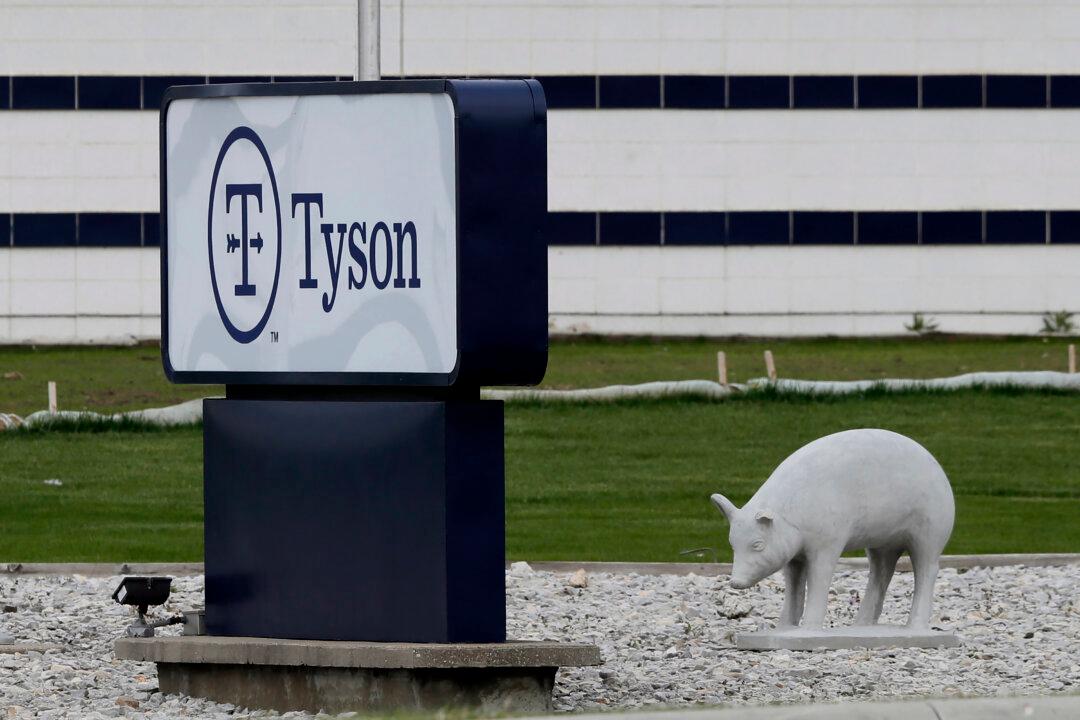Tyson Foods has invested in insect-protein supplier Protix and plans to construct an insect ingredient facility in the United States, the food giant announced on Oct. 19.
The “strategic investment” will support the “growth of the emerging insect ingredient industry” and “expand the use of insect ingredient solutions to create more efficient sustainable proteins and lipids for use in the global food system,” Tyson Foods said in a statement announcing the investment.




